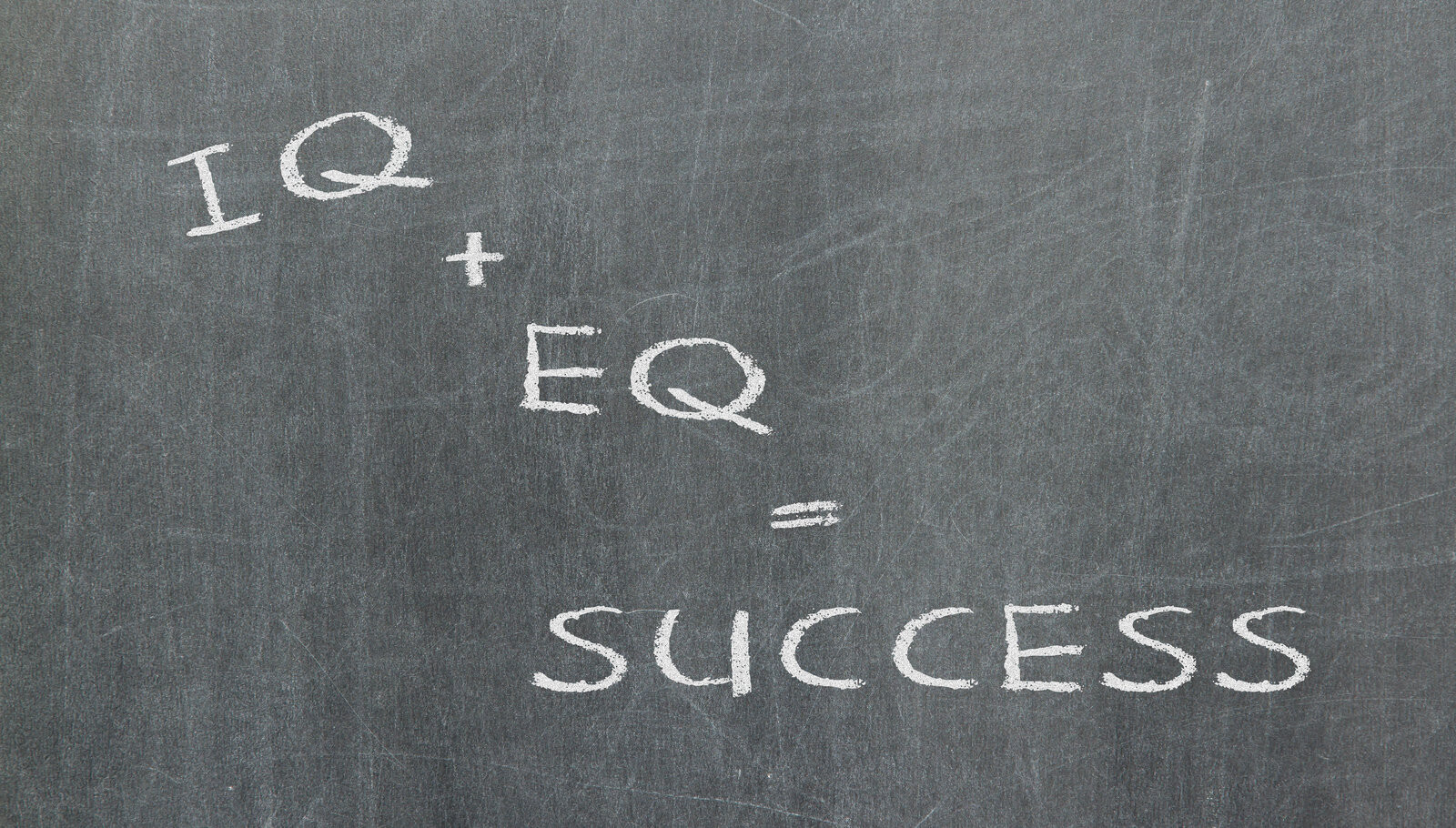The Power of Emotional Intelligence for Workplace Success
Emotional intelligence, often abbreviated as EI or EQ (Emotional Quotient), encompasses skills related to recognizing, understanding, managing, and effectively utilizing emotions in various situations. These skills are pivotal in shaping relationships, fostering effective communication, and promoting harmonious teamwork within organizations.
One of the most noticeable impacts of high EI in the workplace is its influence on leadership. Leaders with vital emotional intelligence excel in guiding and inspiring their teams. They are empathetic listeners who can connect with their employees more deeply. This fosters a sense of trust, loyalty, and motivation among team members, ultimately enhancing overall productivity. As Ferris emphasizes the importance of effective delegation, emotionally intelligent leaders can delegate tasks precisely, knowing their team's strengths and weaknesses, leading to optimized results.
Conflict resolution is another area where EI shines brightly. In any workplace, conflicts are inevitable. However, employees with high EI can navigate these conflicts with finesse. They remain composed under pressure, empathize with differing perspectives, and employ practical communication skills to arrive at resolutions that benefit all parties involved. This not only minimizes disruptions but also promotes a healthier organizational culture.
Furthermore, emotional intelligence profoundly impacts organizational culture. A workplace where EI is valued tends to be more inclusive, respectful, and collaborative. Such a culture encourages open dialogue and the free exchange of ideas. It empowers employees to voice their concerns and contribute to decision-making, leading to a more engaged and committed workforce. As Ferris suggests, optimizing processes for efficiency and a positive organizational culture is a powerful catalyst for productivity and growth.
The ripple effect of emotional intelligence extends beyond individual interactions; it affects the collective performance of an organization. Teams composed of emotionally intelligent members tend to be more cohesive and adaptable. They excel in communication, problem-solving, and innovation. As Ferris advocates for working smarter, not harder, emotionally intelligent teams achieve better results with less effort.
In conclusion, the significance of emotional intelligence in the workplace cannot be overstated. It enhances leadership, streamlines conflict resolution, and cultivates a positive organizational culture. Just as Timothy Ferris seeks to maximize efficiency and productivity, integrating emotional intelligence into your professional toolkit can significantly boost your effectiveness and contribute to your personal and organizational growth. In the ever-evolving world of work, remember that intelligence is not just about IQ—it's also about EQ.
